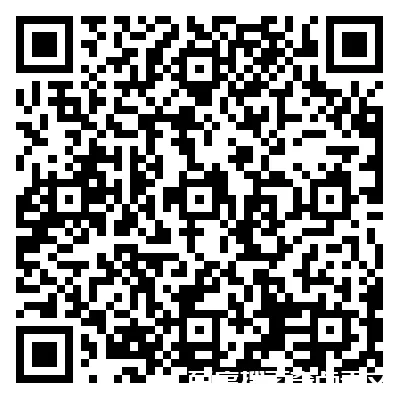
詹姆斯·韦伯太空望远镜发射烟尘后方的李奥纳德彗星

Comet Leonard behind JWST Launch Plume
Image Credit & Copyright: Matipon Tangmatitham (NARIT)
Explanation: Which one of these two streaks is a comet? Although they both have comet-like features, the lower streak is the only real comet. This lower streak shows the coma and tail of Comet Leonard, a city-sized block of rocky ice that is passing through the inner Solar System as it continues its looping orbit around the Sun. Comet Leonard has recently passed its closest to both the Earth and Venus and will round the Sun next week. The comet, still visible to the unaided eye, has developed a long and changing tail in recent weeks. In contrast, the upper streak is the launch plume of the Ariane V rocket that lifted the James Webb Space Telescope (JWST) off the Earth two days ago. The featured single-exposure image was taken from Thailand, and the foreground spire is atop a pagoda in Doi Inthanon National Park. JWST, NASA’s largest and most powerful space telescope so far, will orbit the Sun near the Earth-Sun L2 point and is scheduled to start science observations in the summer of 2022.
Gallery: Comet Leonard 2021
Gallery: Webb Space Telescope Launch: 2021 December 25
Tomorrow’s picture: sun of ice
詹姆斯·韦伯太空望远镜发射烟尘后方的李奥纳德彗星
影像提供与版权: Matipon Tangmatitham (NARIT)
说明: 在这二道光痕中,那一道才是彗星?纵然它们都拥有类似彗星的特征,但只有较低的那道是真的。较低的那道光痕,源自李奥纳德彗星的彗发和彗尾,而这颗城市大小的冰和岩石混合体,正沿着旋过太阳的轨道穿行在太阳系内围。李奥纳德彗星不久前通过地球与金星附近,并将在下星期旋过太阳。这颗肉眼仍然可见的彗星,在最近这数星期里发展出颀长多变的彗尾。影像里作为对比的上方光痕,是二天前推送詹姆斯·韦伯太空望远镜(JWST)升空的亚利安五型火箭之发射烟尘。在这幅摄于泰国的单曝光主题影像里,前景是清迈茵他侬国家公园一座佛塔的塔尖。将在地球-太阳系统的L2点绕行太阳,并预定从2022年夏天开始进行科学观测的詹姆斯·韦伯望远镜,是NASA目前最大最先进的太空望远镜。
画廊: 2021年李奥纳德彗星
画廊: 詹姆斯·韦伯太空望远镜发射:2021年12月25日
明日的图片: sun of ice


